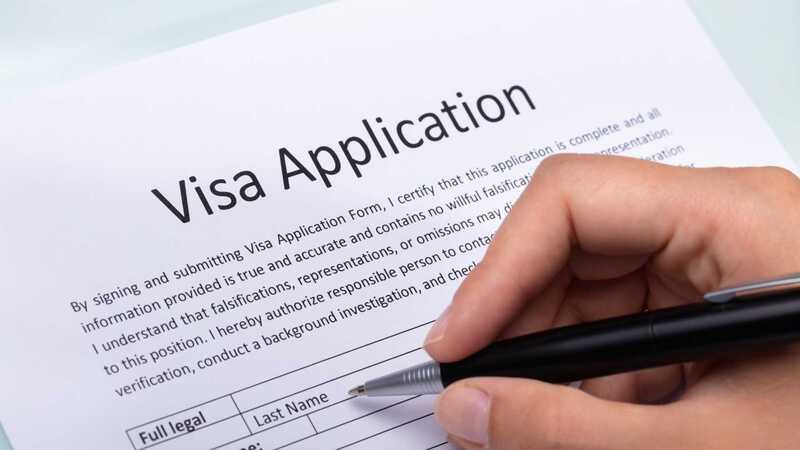Malaysia’s Top HR & Talent Trends in 2025: Remote Work, Well-Being & Inclusion
Market InsightAugust 29, 2025 10:00
Malaysia’s Top HR & Talent Trends in 2025: Remote Work, Well-Being & Inclusion
As Malaysia’s job market intensifies in 2025, proactive HR leaders are evolving their strategies to prioritize flexible work arrangements, employee well-being, and inclusive workplace cultures. These three pillars are not just trending—they are vital to attracting, retaining, and engaging top talent in today’s environment.
1. Remote Work & Flexible Work Arrangements (FWA)
The future of work in Malaysia has shifted toward hybrid and remote work models, driven by employee demand for work-life balance. The Employment Act’s 2022 amendment legitimized FWAs, and by 2025, hybrid models are common practice in Malaysian workplaces. As one report notes:
"Flexible work arrangements have become mainstream… organizations value work-life balance and operational efficiency.”
Surveys reinforce this shift—60% of Malaysians want hybrid options, and 37% would take a pay cut for ongoing flexibility. Similarly, a 2024 survey by the Malaysian Employers Federation (MEF) titled “Flexible Working Arrangement: Assessing Practices and Perspectives of Private Sector Employers in Malaysia” shows that 70.5% of Malaysian employers now formally support hybrid models, largely to retain younger hires who prefer flexible work.
2. Employee Well-Being & Mental Health Initiatives
Burnout and mental health concerns have surged in Malaysian workplaces. In 2024:
-
67% of workers reported feeling burnt out, prompting HR to expand well-being programs.
-
Pressure from Millennials and Gen Z boosted demand for remote work and wellness support as a buffer against burnout.
-
Emerging benefits now include EAPs, mental health days, and mindfulness support—wellness is no longer a perk, but a necessity.
3. Diversity, Equity, Inclusion & Belonging (DEIB)
Creating a truly inclusive workplace is a top priority in Malaysia’s multicultural setting. In 2025, the focus is expanding from DEI (diversity, equity, inclusion) to DEIB (including belonging) to foster more engaged teams.
Statistical backing shows a clear need:
-
41% of Malaysians feel their career progression was hindered by diversity factors.
-
77% say feeling included would boost engagement and retention.
-
HR strategies now incorporate transparent promotion practices, inclusive recruitment, and bias training—moves that strengthen employer branding.
4. Digital Transformation & Talent Upskilling
The push for digital HR innovation and reskilling is unmistakable:
-
Malaysia’s National AI Office has fast-tracked AI adoption, positioning HR for future-ready practices.
-
The HRD Corp Trainers’ Development Framework standardizes quality workforce upskilling, especially in AI and digital tools.
-
Both employees (90%) and employers (69%) prioritize skill development, underscoring the importance of continuous learning.
Summary: Strategic HR Imperatives for 2025
HR Trend |
Key Opportunity |
| Flexible Work Models | Boost talent attraction and retention through FWAs and balance. |
| Employee Well-Being | Combat burnout with mental health programs and holistic care. |
| DEIB Focus | Build engagement through inclusive hiring and authentic culture. |
| Digital & Upskilling | Invest in AI tools and training to cultivate future-ready workforce. |
Final Thoughts
In 2025, employer branding in Malaysia hinges on three core HR priorities: flexible work, employee well-being, and inclusion. Combined with digital transformation and ongoing training, these strategies empower organizations to navigate the current talent crunch effectively.
Looking for new career opportunities? Check out our latest job openings here: Job listings
Need hiring support? Connect with Reeracoen Malaysia today!








